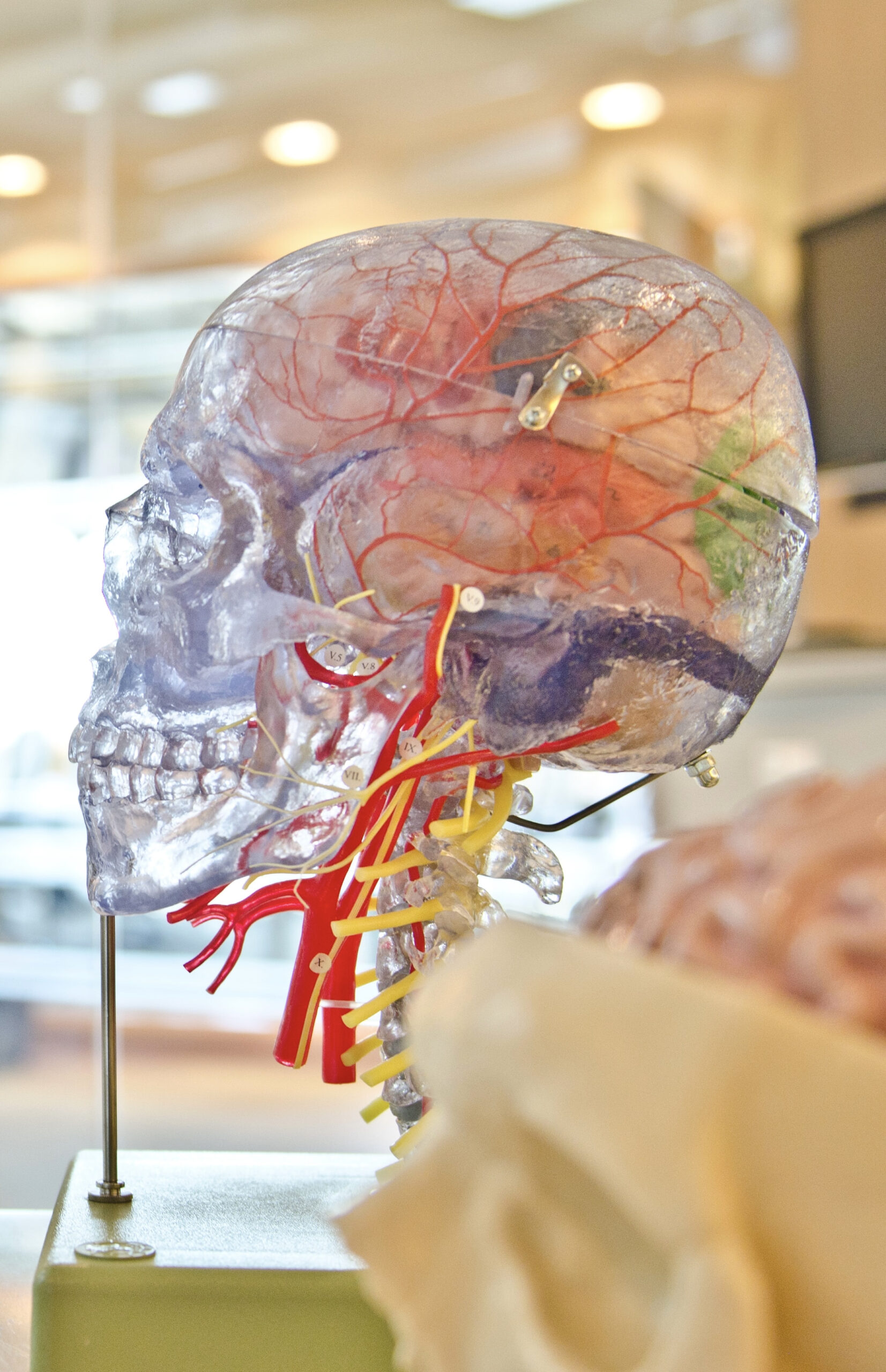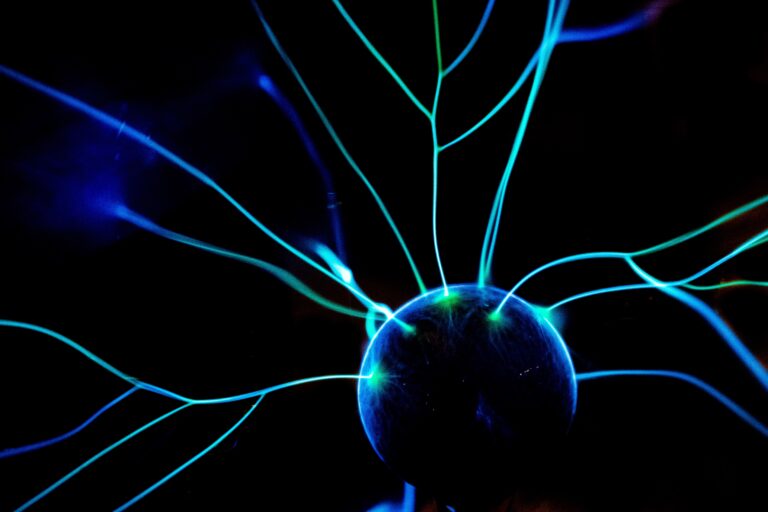Neuro-Linguistic Programming (NLP)
Neuroscience
What is neuroscience and how does it work?
“Just as computers are hard-wired with electrical connections, the brain is hard-wired with neural connections. These connections link together its various lobes and also link sensory input and motor output with the brain’s message centers, allowing information to come in and be sent back out.
One major aim of current neuroscience research, then, is to study how this wiring works and what happens when it doesn’t work.
A rapidly expanding discipline, neuroscience findings have grown by leaps and bounds over the past half-century. More work, however, will always be needed to fully understand the neural roots of human behavior, consciousness, and memory.”
Excerpt from: Psychology Today Magazine – 2020

“Neuroscientists are scrutinizing huge piles of data to learn how brains create emotions and other internal states such as aggression and desire.
Neuroscientists wanting to understand the brain’s coding language have conventionally studied how its networks of cells respond to sensory information and how they generate behaviour, such as movement or speech. But they couldn’t look in detail at the important bit in between — the vast quantities of neuronal activity that conceal patterns representing the animal’s mood or desires, and which help it to calibrate its behaviour. Even just a few years ago, measuring the activities of specific networks that underlie internal brain states was impossible.”
Excerpt from: Nature Research Journal, August 13, 2020
What is Neuro-Linguistic Programming (NLP)?

NLP, also referred to as “conventional NLP,” utilizes neurology (neuroscience), psychology and language to accomplish behavioral change. It was founded in the 1970s by John Grinder and Richard Bandler: a professor and student respectively, both at UC Santa Cruz, California.
It is not based on any theory, but rather on formulaic methods and techniques. It is used in marketing and sales, neuromarketing and other professions providing ways to increase communication. Its primary focus is behavioral change.
What is Transformational Neuro-Linguistic Programming (TNLP)?
Transformational NLP (TNLP) is a relatively new psychology. It includes neurology (neuroscience), psychology and language. It is an expansive evolution of conventional NLP, which originated in the 1970s in Santa Cruz, California.
It is a holistic approach to personal, professional, and interpersonal growth…. an inventive and resourceful operating model for being human. It enables you to ascertain your life from the inside out.
One of several unique TNLP tools is its focus on “how” rather than “why” you haven’t been able to experience what you would like in life. The “why” keeps you in the narrative of what happened long ago, whereas the “how” reveals the cause behind the narrative.
This methodology reveals how choices made long ago served a very important purpose. It’s not what happens to you that is important. It’s the meaning you make of it that formulates your beliefs. It you are in pain, feel stuck and confused, chances are you are operating from limiting beliefs.
This cutting-edge technology is a resonant, mindful journey that naturally speaks the language of your mind, body, heart and soul.
TNLP primarily works with belief and identity.
Here are some examples of limited beliefs that impact your identity:
I’m not good enough. I’m not enough.
It’s safer or feels better to hide than to be seen.
I’m not able to fully love or be loved because I’m not lovable.
I know what I want, but don’t know how or why it feels beyond my reach.
I’m great at giving to others, but uncomfortable receiving or taking for myself.
How can I have what I want?

Once limited beliefs are identified, they can be revised with resourceful ways that allow you to reach for what you would like to experience instead!
What’s unique about TNLP is once change is made, no willpower or remembering is required. A respectful transformation occurs.
– Jeanne Villa, Certified Master Transformational NLP Practitioner
